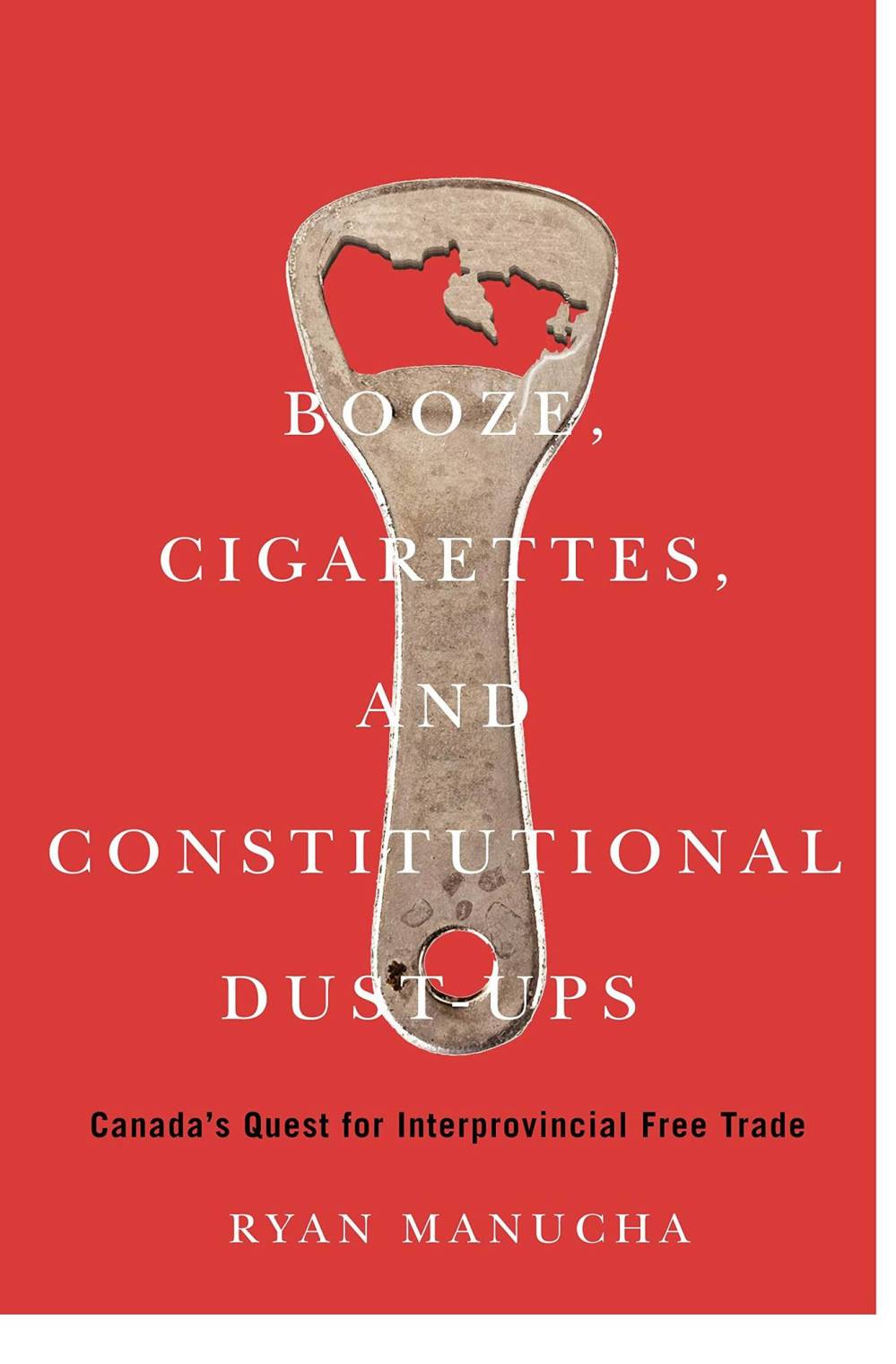Trade-law tome has narrow appeal
Advertisement
Read this article for free:
or
Already have an account? Log in here »
To continue reading, please subscribe:
Monthly Digital Subscription
$1 per week for 24 weeks*
- Enjoy unlimited reading on winnipegfreepress.com
- Read the E-Edition, our digital replica newspaper
- Access News Break, our award-winning app
- Play interactive puzzles
*Billed as $4.00 plus GST every four weeks. After 24 weeks, price increases to the regular rate of $19.00 plus GST every four weeks. Offer available to new and qualified returning subscribers only. Cancel any time.
Monthly Digital Subscription
$4.75/week*
- Enjoy unlimited reading on winnipegfreepress.com
- Read the E-Edition, our digital replica newspaper
- Access News Break, our award-winning app
- Play interactive puzzles
*Billed as $19 plus GST every four weeks. Cancel any time.
To continue reading, please subscribe:
Add Free Press access to your Brandon Sun subscription for only an additional
$1 for the first 4 weeks*
*Your next subscription payment will increase by $1.00 and you will be charged $16.99 plus GST for four weeks. After four weeks, your payment will increase to $23.99 plus GST every four weeks.
Read unlimited articles for free today:
or
Already have an account? Log in here »
Hey there, time traveller!
This article was published 31/12/2022 (1015 days ago), so information in it may no longer be current.
Booze, Cigarettes and Constitutional Dust-ups
A book on the history of Canadian interprovincial trade, and judicial takes on constitutional disputes arising from that trade, could be a yawner.
Toronto corporate lawyer Ryan Manucha’s account isn’t. But its very subject matter will limit its appeal.
Manucha is a good writer.
He avoids unnecessary legal verbiage, and where technical legal language is required, he explains it. He also avoids any lawyerly predilection for long sentences that collapse under the weight of too many subordinate clauses.
But while the book’s 13 chapters are uniformly well written, and well researched, they won’t be of uniform interest, or accessibility, to the average reader.
The chapters on Canada’s interprovincial trade disputes conclude — correctly — that the objective of internal free trade remains as much aspirational as realized.
He tilts toward greater liberalization of domestic free trade. But he’s also careful to identify why section 121 of the British North America Act (renamed the Constitution Act, 1867, in 1982) which, in pretty plain English for a statute, mandates there be no provincial tariffs or barriers to inhibit free trade within our national borders, has historically been given a restrictive interpretation by the courts.
The chapters that best succeed in broadening the appeal to a wider audience are the ones that reflect his penchant for storytelling.
Starting a discussion of constitutional law by recounting the case of a 62-year-old New Brunswick retiree who’s fined and has his far cheaper Quebec-bought beer and wine confiscated by the cops while driving back home, or by relating the plight of a B.C. turkey farmer who can’t legally get the CPR to transport sacks of wheat, oats and barley from Winnipeg to Mission, B.C. to feed his flock, is a clever ploy. One that adroitly pulls a reader into an otherwise esoteric analysis of barriers to interprovincial trade.
He’s also given to literary allusion or analogy. Witness the following paragraph, not apt to be found in an orthodox free-trade-law text. To fully “assess where Canada’s interprovincial free trade story currently stands,” he writes, a “second stream of jurisprudence needs to be examined.
“Otherwise, it would be like skipping out on one of the books in a Robertson Davies trilogy. Or bypassing Lucy Maud Montgomery’s Anne of Green Gables for one of its sequels.”
His writing brings unexpected bounce and brio to a volume on constitutional law and economic history.
But for all that, great swaths of the book will be of interest only to a small subset of lawyers, economists and political scientists.
The chapters on the agreements and tribunal created to govern domestic free trade — particularly the Canadian Free Trade Agreement, and its forum to resolve interprovincial trade barriers, the Regulatory Reconciliation and Cooperation Table — are going to be beloved by only a handful of trade-policy wonks.
This book is published by McGill-Queen’s University Press, an academic publisher. Its natural domain is learned books.
But even an academic publisher has to appeal to more than an academic audience.
Manucha’s tome partially succeeds on that front.
Douglas J. Johnston is a Winnipeg lawyer and writer.

